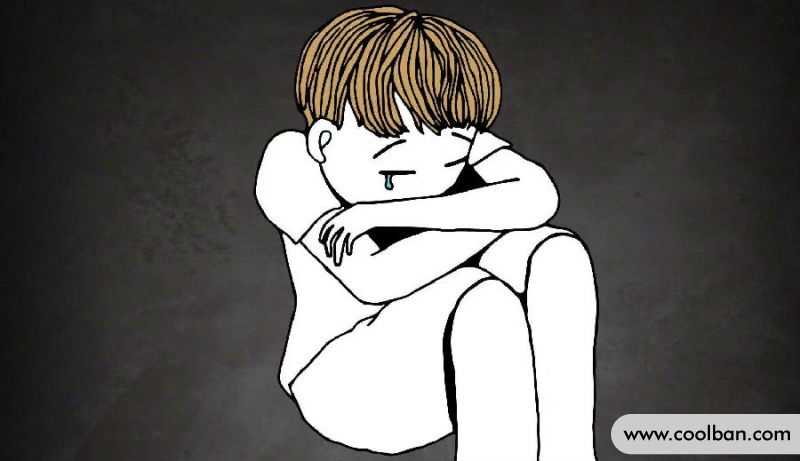Is avoidant personality inherited?
Avoidant personalities, also known as avoidant personalities, usually lack self-confidence, doubt their own worth, and are sensitive, especially when rejected and opposed. Often dissatisfied with the little things in life. Especially in the face of major problems and challenges, they will take an evasive attitude, and may even give up directly because they feel unable to cope. Such people will deliberately avoid interpersonal relationships, or accept the opinions of others unconditionally. The biggest characteristic of avoidant personality disorder is behavioral withdrawal and psychological inferiority, and it may be hereditary. Surveys show that families with a family history of personality disorders are more likely to have children with the disease. But not all people with a family history of personality disorders pass it on to their children. Besides genetic factors, what other causes are there? Let's take a look.

1. Avoidant personality may be inherited
Avoidant personality can be inherited. This kind of personality is mainly formed by the mutual influence of congenital and acquired factors. The first is genetics, with some theorists arguing that the presence of a biochemical abnormality, or a genetic predisposition, increases the likelihood of developing a personality disorder. In particular, the inheritance of twins is more obvious. The genetic prevalence of personality disorders in dizygotic twins is 30%, and the prevalence of personality disorders in monozygotic twins is 60%-70%. However, having a family history of personality disorder does not mean that you will inherit it; without a family history of personality disorder, you may also get the disease.

2. Avoidant personality is also affected by the original family
In addition to genetic factors, it will also be influenced by the original family, such as parenting style and family environment, etc., which may lead to avoidant personality disorder. These are the acquired causes of personality development. Improper family education methods may make children unsound and have personality disorders. If you are mentally stimulated or experienced bad things during childhood, it may affect personality development and lead to personality disorders.
3. Avoidant personality is produced by folding frustration
Not only genetic factors can affect personality, but inferiority complex is also one of the reasons for avoidant personality. Inferiority mainly comes from childhood. Usually, I was frustrated when I was a child. The reason for my incompetence will cause a feeling of looking down on myself and suffering from the heart. This group of people is more introverted, especially unable to resolve negative things, and has poor ability to be frustrated, including physical or psychological defects. Some people have high sensitivity and low tolerance due to the high sensitivity of neural processes. A slight setback will give them a heavy blow, becoming negative, pessimistic and inferior. In addition, physical defects, gender, origin, economic conditions, political status, work units, etc. may all be the reasons for the inferiority complex. This sense of inferiority cannot be properly eliminated, and it becomes part of the personality over time, resulting in withdrawal of behavior and an attitude of avoidance when encountering problems, thus forming an avoidant personality disorder.

There are many reasons for the formation of avoidant personality, such as heredity, family education, lack of ability, as well as their own psychological or physical defects. People with this personality all have interpersonal problems of varying degrees. These are unhealthy psychological activities and should be removed in time. Therefore, understanding the causes of the formation first, can better solve the problem of personality disorders.
